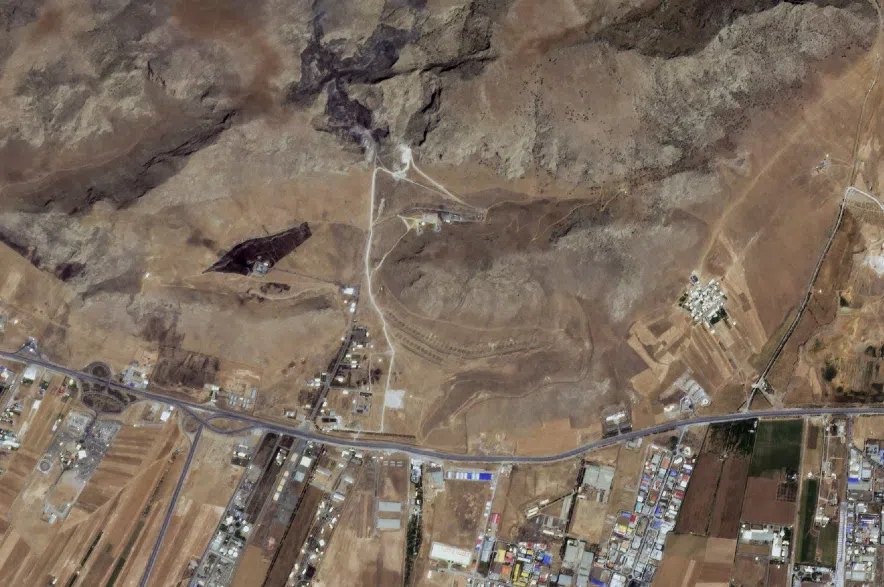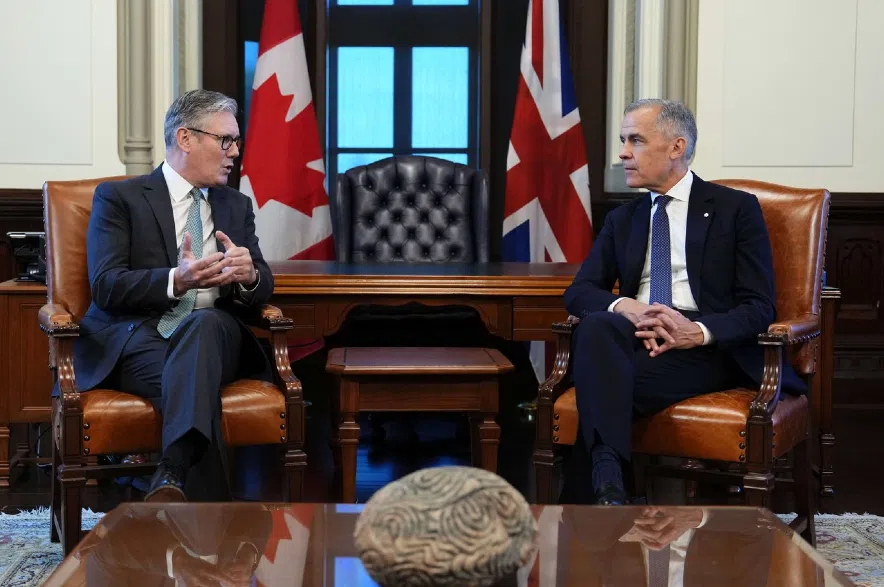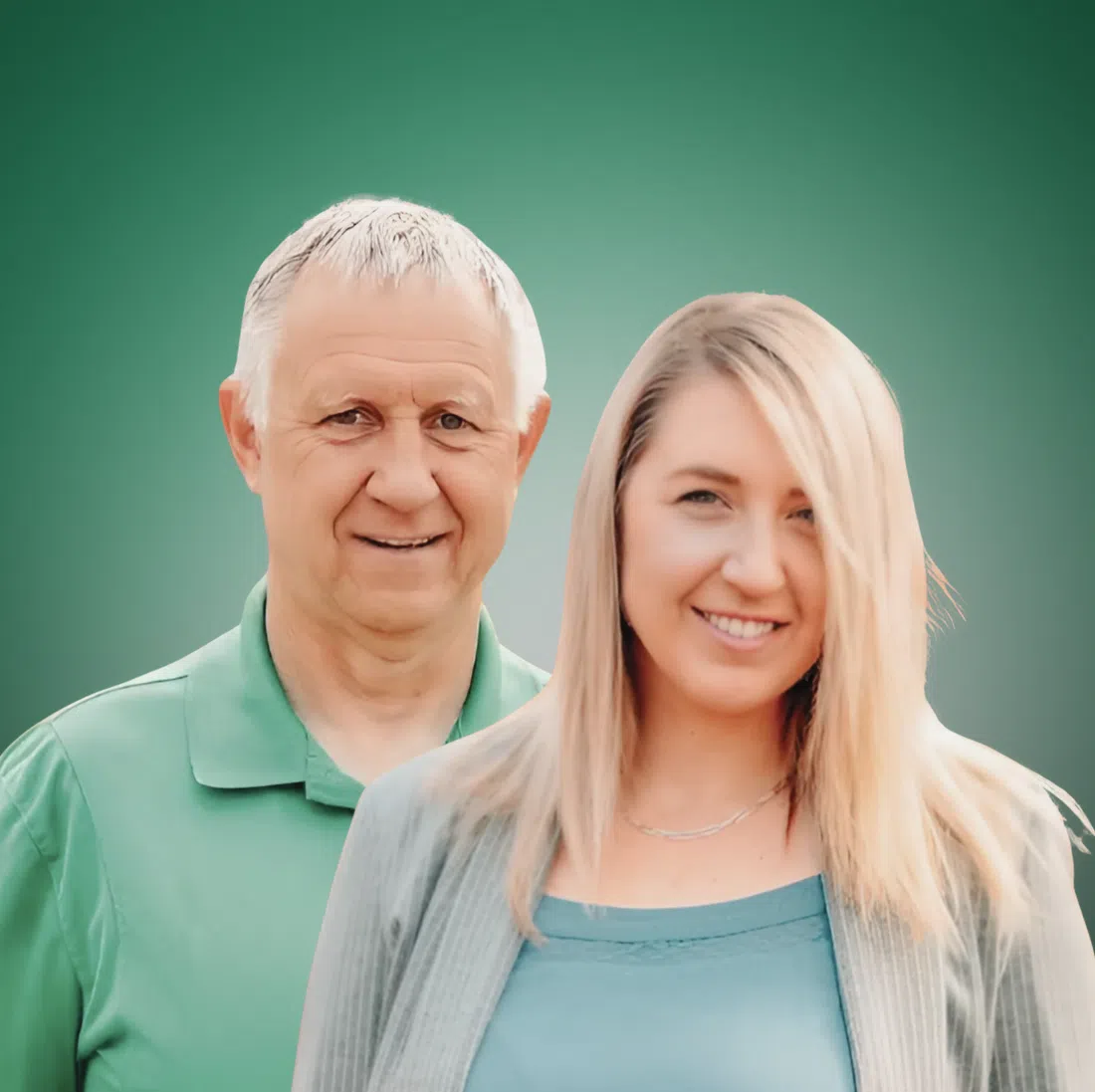OTTAWA — An escalating conflict between Israel and Iran seems set to dominate this week’s G7 leaders’ summit in Alberta as members of Canada’s Jewish and Iranian communities fear for those caught in the violence.
Prime Minister Mark Carney was scheduled to arrive Sunday in Kananaskis, Alta., to host U.S. President Donald Trump and other leaders in his first major summit.
Read more:
- Trump vetoed Israeli plan to kill Iran’s supreme leader, U.S. official says
- Canadians urged to ‘avoid all travel’ to Israel amid air, missile strikes with Iran
- ‘Gold standard’: Plane spotters in Calgary hope for glimpse of Air Force 1 at G7
- Israel and Iran trade strikes for a third day as nuclear talks are called off
Earlier in the day, British Prime Minister Keir Starmer said the growing conflict in the Middle East will be a “centrepiece” of the meeting, which will formally kick off on Monday.
“This provides the opportunity to talk to our co-leaders about the fast-moving situation and to make our strong case together that there must be de-escalation of this conflict in the interests of the region and the world,” he told reporters in Ottawa ahead of a meeting with Carney on Parliament Hill.
Carney on Friday called for Israel and Iran to exercise “maximum restraint” and move toward a diplomatic solution.
The two Middle Eastern countries exchanged missile attacks for a third consecutive day on Sunday, with Israel warning that worse is to come. Israel launched the attacks on Iran Friday amid simmering tensions over Tehran’s rapidly advancing nuclear program.
Hamed Esmaeilion, a Canadian Iranian human rights activist, said it’s been “a very suspenseful 48 hours” for his family and friends living in Iran, including his parents and brother.
He said his family members don’t live in Tehran, but friends living in the capital city are under severe stress.
“They are desperate and they don’t know where to go and they just stay at home and hear the explosions,” he said in an interview.
Esmaeilion said Iran’s Supreme Leader Ayatollah Ali Khamenei has “no respect for human life,” adding he worries about the civilian cost of the conflict.
“I know that everybody is hoping that this regime would be gone yesterday, but I think this process should be democratic,” he said. “And the war doesn’t help if it continues and if it endangers the lives of civilians.”
Esmaeilion, who lost his wife and daughter in the destruction of Flight PS752 by Iran’s Islamic Revolutionary Guard Corps in 2020, said Israel’s strikes have damaged the prospect of holding Iran’s regime accountable for shooting down the passenger plane.
Israel has so far killed several senior commanders of the IRGC.
“What I hear from other families of the victims … is that they’re not unhappy (about) their demise, but they would have preferred to deal with these criminals in the court of justice rather than on the battlefield,” Esmaeilion said.

This satellite image from Planet Labs PBC shows an Iranian missile base near Kermanshah, Iran, after an Israeli strike Friday, June 13, 2025. (Planet Labs PBC via AP)
Iran’s health ministry estimated Sunday that 224 people had been killed since Israel’s attacks began. Spokesman Hossein Kermanpour said on social media that 1,277 other people were hospitalized.
Israel, for its part, said Iran’s retaliatory strikes have so far killed 14 people and injured 390 others.
Rabbi Dan Moskovitz, a senior rabbi of Temple Sholom in Vancouver, said on Sunday that it’s heartbreaking and devastating to see the death toll continue to rise in Israel.
Moskovitz said Iran is targeting densely populated metropolitan areas, including in Tel Aviv and Haifa.
“It would be like shooting a ballistic missile into downtown Toronto and Vancouver, whereas Israel is strategically targeting Iran’s nuclear infrastructure and its weapons production and the leadership of their military,” he said.
Carney is slated to meet with Trump on Monday morning at the summit in Alberta. Moskovitz said it’s critical for both leaders to talk about the conflict in the Middle East.
“I think it’s incumbent upon the leaders of the West to stand up for their values and to defend their people against the existential threat that a nuclear Iran poses,” he said.
The Centre for Israel and Jewish Affairs is also calling on world leaders at the G7 summit to “reaffirm Israel’s right to defend itself — and to act decisively against the threat of a nuclear-armed Iran.”
The death toll grew Sunday as Israel targeted Iran’s Defense Ministry headquarters in Tehran and sites it alleged were associated with Iran’s nuclear program, while Iranian missiles evaded Israeli air defences and slammed into buildings deep inside Israel.
In Israel, at least 10 people were killed in Iranian strikes overnight and into Sunday, according to the Magen David Adom rescue service. The country’s main international airport and airspace remained closed for a third day.
In a social media post on Sunday, Trump issued a stark warning to Iran against retaliating on U.S. targets in the Middle East while also predicting Israel and Iran would “soon” make a deal to end their escalating conflict.
— By Maura Forrest, with files from the Associated Press.
Read more:
- Trump vetoed Israeli plan to kill Iran’s supreme leader, U.S. official says
- Canadians urged to ‘avoid all travel’ to Israel amid air, missile strikes with Iran
- ‘Gold standard’: Plane spotters in Calgary hope for glimpse of Air Force 1 at G7
- Israel and Iran trade strikes for a third day as nuclear talks are called off











